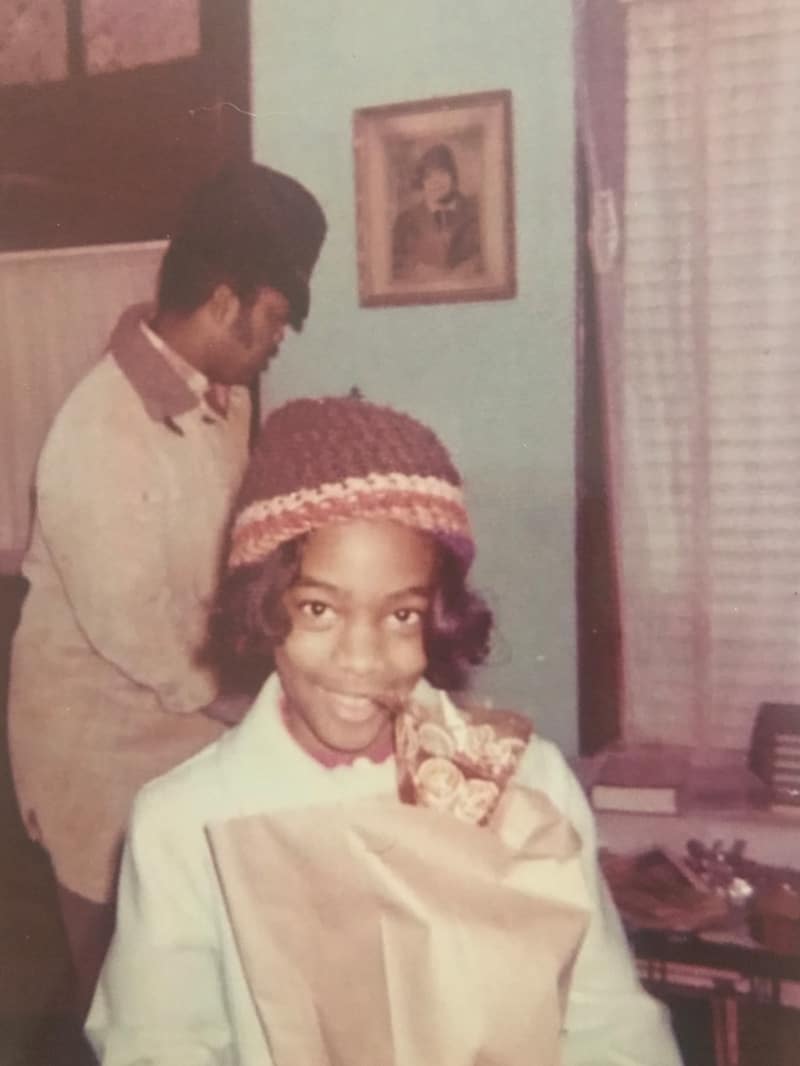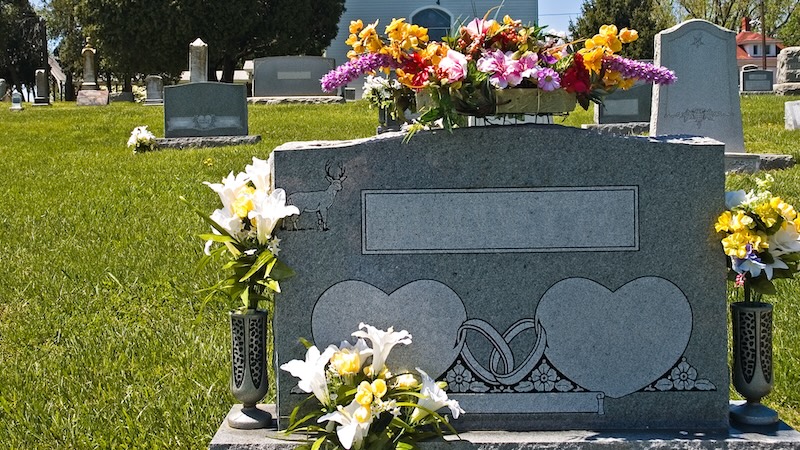The Twilight of Dementia
A daughter’s acceptance of her father’s decline
 I was 12 years old the day I realized my father was not indestructible. The memory is seared into my consciousness. Brain science tells us events that happen in our youth are more poignant, explaining why we can remember what we were wearing on the first day of high school or what song was playing that Saturday night when your crush smiled at you at the skating rink.
I was 12 years old the day I realized my father was not indestructible. The memory is seared into my consciousness. Brain science tells us events that happen in our youth are more poignant, explaining why we can remember what we were wearing on the first day of high school or what song was playing that Saturday night when your crush smiled at you at the skating rink.
Physically, my father is not large. But when I was a child, he was imposing. I thought he knew the answer to every question and could fix any problem. I now know that wasn’t the case. As a grown woman (and mother), I know that fathers are just human. They don’t know everything, and they will die. But at 12 that knowledge was devastating. It dawned on me suddenly. I was sitting at the table doing homework, and he was at the other end, likely trying to make the money last longer than the month. While I was looking at him, I felt him come into focus. I really saw him. The insecurities that come with living hand-to-mouth. The posture he took on while trying to engender himself to the white business community he served but couldn’t join. The embarrassment of accepting government assistance. I saw it all so very clearly that day. Also, I was wearing an autumnal-colored striped turtleneck and mustard corduroy bell bottoms.
As frightening as that day was, it pales in comparison with when I first saw evidence of my father’s decline into dementia.
My father worked all the time. He wasn’t one of those 1960s husbands who spent the day at the office, had two martini lunches and came home to a perfectly coiffed housewife and 2.5 children. His labor was physical and grinding. It went late into the night and through the weekend. Although he never fulfilled any of his dreams, he worked at a herculean pace to provide for his not perfectly coiffed wife and five, often hungry, children. I think the knowledge that he could not stop kept him sane and focused.
INERTIA, ATROPHY AND RETURNING THE LOVE
When he was finally “nudged” to retire from his 40-year custodial job, his vise-like grip on the only thing he could control began to slip. It was imperceptible at first. Mostly because that was only one of his many jobs. He still had to open the health department office every day, clean the local bank and two churches twice a week and close up the funeral parlor after services. These were his part-time jobs. But as time passed, they became too much for him to handle, and one by one he let them go as well.
Eventually, the man who worked 12-hour days came unraveled in the face of endless empty days. My father had no hobbies. My father had no “guy friends.” My father had no money. He was not looking forward to a retirement of golfing, fishing or traveling. He wasn’t of the generation of men (especially as an African American man) that would take up painting or water aerobics.

So he slept. He worked hard to catch up on decades of lost sleep. My mother could barely persuade him to get dressed or go anywhere. Now my father needs constant care.
Four years into his decline, I have learned to navigate my time with him. There is no way to know how my father will live out his days. There is no way to know how any of us will live out our days. Whatever happens, whatever he needs, I’ll be there, just like he always was for his family.
Rey Cheatham Banks is a long-time Richmonder transplanted to Northern Virginia, where she gardens and works tirelessly to improve the criminal justice system.


